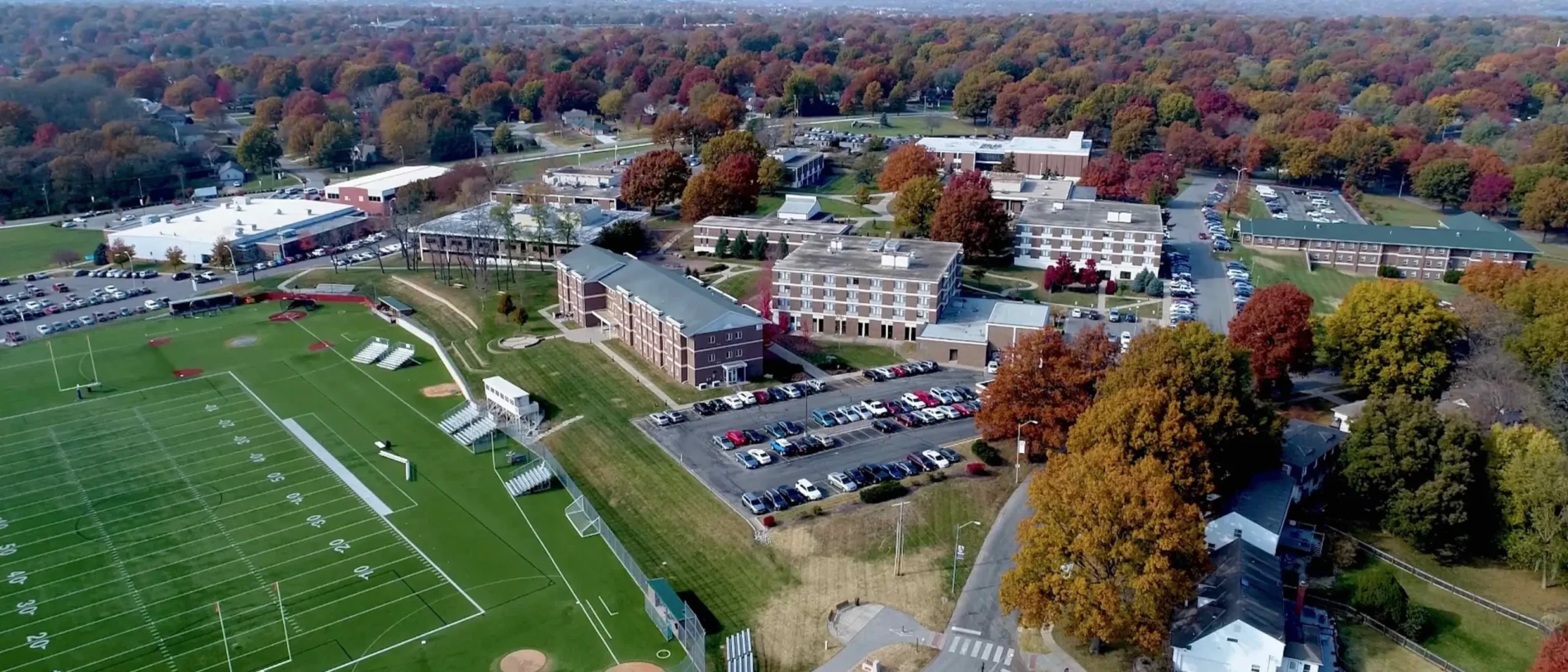

Avila University
Teaching in Special Education K-12 (Online)
Study detals
: Master's degree : MA in Teaching in Special Education K-12 : Online : 36 MonthRequirements
Speciality
Graduate deposit = $5,000


Graduate deposit = $5,000